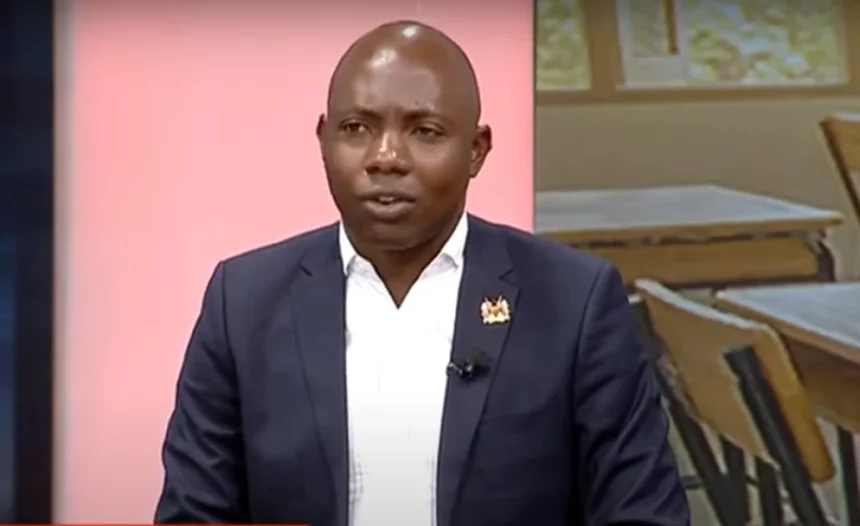Education law expert Kennedy Echesa has warned that the financial allocation the government has given the education sector is very low.
Speaking Wednesday on Citizen TV’s Day Break program, Echesa cited the government’s 100 per cent transition policy, that every child should continue with their education no matter whether they excel in exams or not.
He argued that the policy has increased demand in the education sector, which he says the government has not yet matched despite several declarations by the government about increased funding.
“The government and the Education Ministry are living a lie. We have an increased demand for education. With the 100% transition policy, the government is telling us they have increased funding to the education sector,” said Echesa.
His concerns came in the wake of fears by secondary school heads across the country that some core activities in the school calendars are bound to be adversely affected by delays in the release of capitation funds by the government.
In a meeting in Mombasa last week, the school heads challenged the government to increase the allocation per child to match the changing economic realities.
But the ministry said the issue of funding for not just secondary education but the entire sector will be better handled, particularly since the government has allocated more funds this financial year, from 25 per cent of the budget to 29 per cent, with Ksh.628 billion set aside.
Education Cabinet Secretary Ezekiel Machogu assured them that the government has allocated sufficient funds to this financial year’s plans.
According to Echesa, however, the problem with education sector funding is that what the government purports to be funding schools is not what gets to the schools.
“What we allocate to the education sector is not enough, and the problem comes when that which is not even enough does not even reach the schools,” said the expert.
“Capitation is now placed at Ksh.22,400, which the ministry has raided by making Ksh.5,000 conditional for infrastructure, leaving the school with around Ksh.15,000. The government has also retained money for things they do not account for like textbooks and activity money… yet the government is not funding activities,” he added.
His sentiments echo what the school heads complained about last week. Kenya Secondary Schools Heads Association (KESSHA) Chairperson Indimuli Kahi said the Ksh.22,444 the government gives each student in high school as a capitation is not enough, and that it also comes late and is not paid in full.
“We don’t even get 100% of the Ksh.22,000, there was a balance of Ksh.4,000 last year, this year we have received Ksh.17,000, and we need the balance,” Kahi said then.
The schools insist that the delay in disbursement and the payment of fees by the parents is taking a toll on not just learning in schools but other attendant activities, such as sports, drama and arts.
Echesa agreed citing the ongoing Term 2 ball games are ongoing.
“Kisumu County has made it clear that only one school will proceed to the regional level, while it is supposed to be three schools. In Kakamega, schools have been forced to cater for their activities, where will they get these funds?” he posed.
School heads not only want the government to release the funds in full and on time but to also increase the capitation per child.
“We propose that the Ministry of Education considers increasing the capitation from the current figure of Ksh.22, 244 we had proposed last year to Ksh.30,000,” Kahi said last week.
Cash crisis in schools:
Ken Echesa – Education Law Expert: What we allocate to the education sector is not enough. #DayBreak pic.twitter.com/Vxz1UD00MK
— Citizen TV Kenya (@citizentvkenya) July 5, 2023



